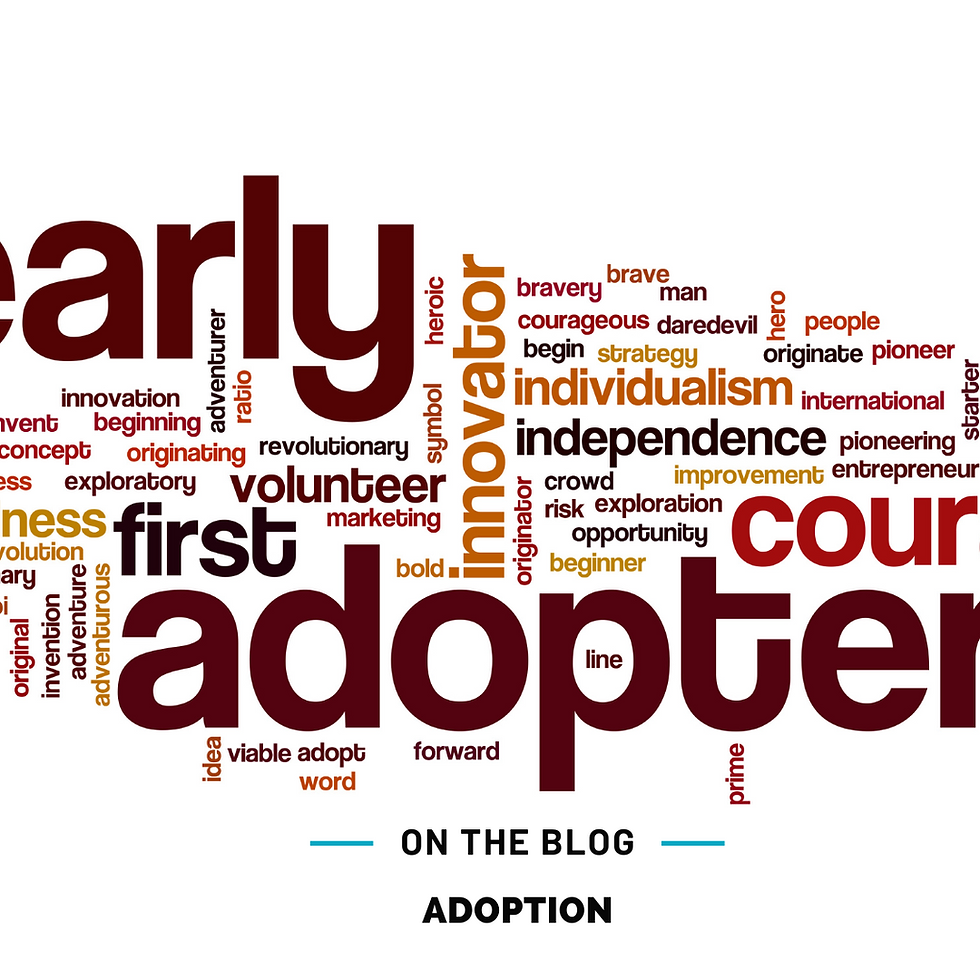
" Customer adoption is the lifeblood of any successful product. Without out customers embracing and using the product, the potential remains untapped "
Sustainability Initiatives Face Challenges in Corporate Adoption and we want to talk about why!
Let's begin with the obvious, sustainability has become a pressing global concern, and organisations are increasingly recognising the need to address environmental issues. However, despite growing awareness in many mediums, social media, blogs, conferences and workshops, the adoption and implementation of sustainability initiatives remain a significant challenge for many companies and their employees. In this blog post, we will explore the barriers that hinder the progress of sustainability efforts in corporate environments and everyday practices.
1. Lack of Awareness:
One of the primary reasons for slow adoption is the limited understanding of sustainability's importance. Many employees and companies fail to grasp the long-term benefits of sustainable practices or underestimate the urgency of addressing environmental challenges. Raising awareness about the impact of individual and corporate actions is crucial to overcoming this barrier.
2. Cost Concerns:
Implementing sustainability initiatives often requires upfront investments and may involve initial costs. Companies may hesitate to allocate resources to sustainability projects, fearing that the financial burden will outweigh the benefits. However, it's important to recognise that sustainable practices can lead to long-term cost savings, increased operational efficiency, and improved brand reputation.
3. Resistance to Change:
Change, especially in well-established organisational structures, can be met with resistance. Employees may resist adopting new practices due to the fear of disruption, uncertainty, or the misconception that sustainability efforts are additional burdens. Effective change management strategies, education, and clear communication are essential to overcoming resistance and fostering a culture of sustainability.
4. Lack of Integration:
Sustainability initiatives often fail to integrate seamlessly into existing processes, creating a disconnect between sustainability goals and day-to-day operations. It is crucial to align sustainability efforts with the company's overall strategy, embed them in core business practices, and establish clear metrics to track progress. By integrating sustainability into the fabric of the organisation, companies can overcome this challenge and drive meaningful change.
5. Limited Resources and Expertise:
Small and medium-sized enterprises, in particular, face challenges due to limited resources and expertise in sustainability. These organisations often lack dedicated sustainability teams or the know-how to develop and implement effective sustainability strategies. Collaboration with external experts, leveraging partnerships, and accessing resources like sustainability networks and knowledge-sharing platforms can help bridge this gap.
6. Employee Engagement and Participation:
Engaging employees in sustainability initiatives is crucial for success. However, employees may feel disconnected or perceive sustainability efforts as disconnected from their roles. Providing opportunities for education, involving employees in decision-making processes, and recognising and celebrating their contributions can foster a sense of ownership and commitment to sustainability goals.
7. Regulatory and Policy Constraints:
Companies may face challenges in adopting sustainable practices due to regulatory frameworks or policy constraints. Navigating complex regulations, obtaining permits, or aligning with specific industry standards can present hurdles. Engaging with policymakers, advocating for supportive policies, and collaborating with industry peers can help address these barriers.
Wrapping up our post, adoption and implementation of sustainability initiatives are critical for addressing environmental challenges we face in South Africa, in fact globally. However, various barriers hinder progress in both corporate and everyday contexts. We hope that by raising awareness, addressing cost concerns, fostering a culture of change, integrating sustainability into core operations, accessing resources and expertise, engaging employees, and advocating for supportive policies, we can overcome these barriers and create a sustainable future for all.
At CIRCLES, we want to bring change to employee carbon emissions, including how we track our footprint. We are keen to talk about the barriers in the corporate space who are on their journey of change.
Let's!
Alvira Fisher
Co Founder CIRCLES

Comments